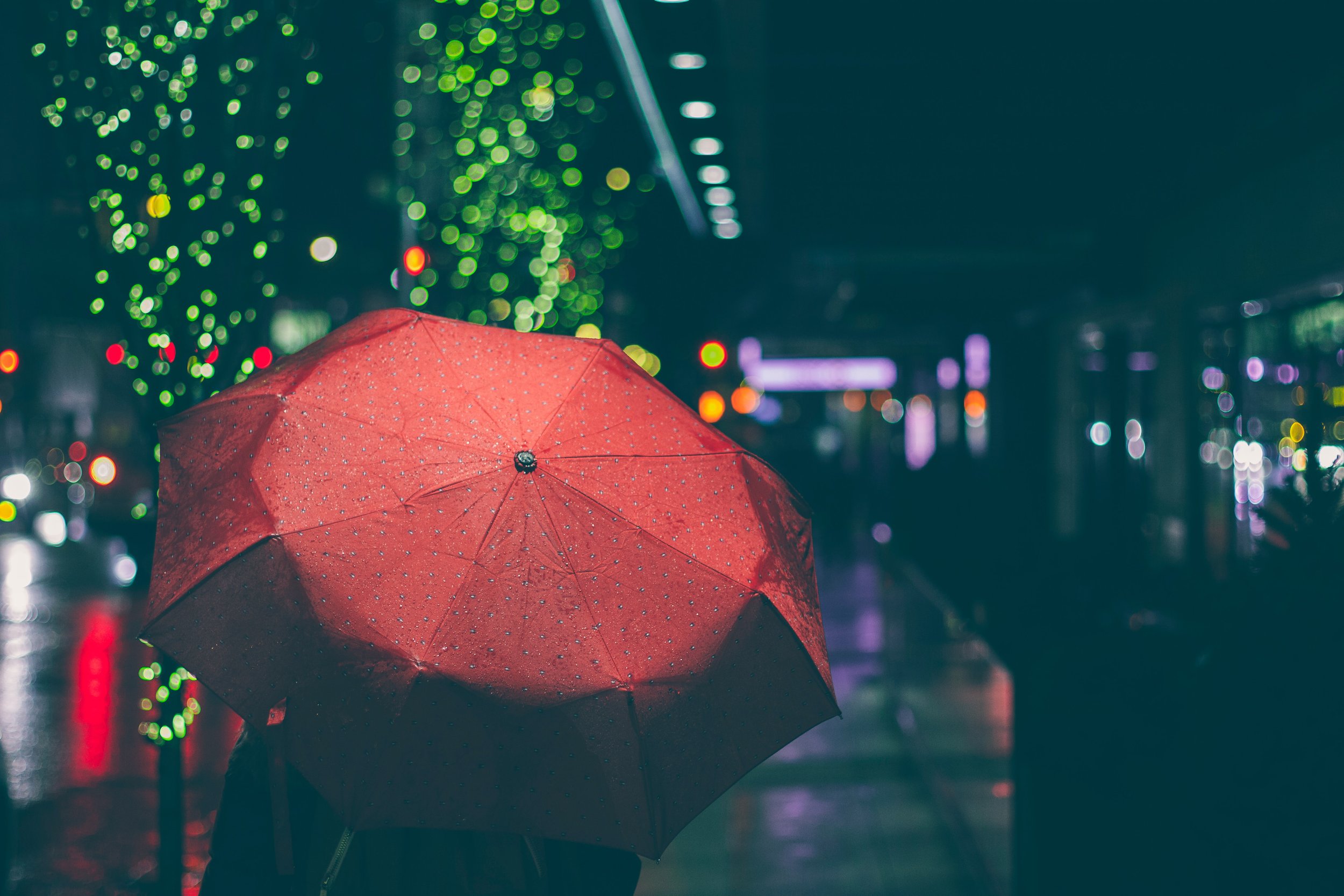While it was only the final, fatal traffic stops of black drivers Sandra Bland and Philando Castille that made headlines, both drivers had long suffered in America’s racist system of traffic policing. Both had been frequently stopped and harassed by police for minor violations, issued tickets, and then overwhelmed by traffic fine debt and license suspensions.
Urban Dictionary Should be SFW in American Courts
For years, Urban Dictionary has been thought of as nothing more than a fun, if not crude, website frequented by middle schoolers looking for colorful new ways to insult their friends or refer to NSFW topics. But it is 2022. We are living in a time when the ridiculous has become credible. Where the joke is reality. Internet culture is mainstream culture. And in these modern, changing times, Urban Dictionary has been pulled out of middle school and dropped into the American Court system. Judges across the nation are turning to Urban Dictionary for the definitions of slang terms that appear in litigation.
Locked Out: How Closed-Door Contract Negotiations Increase Police Spending and Keep Taxpayers in the Dark
The Mayor of New York City and union representatives gather periodically to define a new contract for the NYPD. New York City taxpayers are noticeably absent when police contracts are negotiated despite the fact that the police budget is funded entirely through taxpayer dollars. What occurs during contract negotiations is undisclosed to the public, and only the final, ratified contract is available for New Yorkers to examine. Therefore, the public is left blind as to what or how their representatives are negotiating at these closed-door meetings as government representatives make and reject offers without public criticism.
The PPP: Why Are We Shifting the Unemployment Problem?
In times of hardship, it becomes tempting to shift a problem onto someone else; the legislation that came out of the Covid-19 pandemic demonstrated this exact tendency. In response to the economic disruption caused by Covid-19, Congress passed the Coronavirus Aid, Relief, and Economic Security (“CARES”) Act. The Paycheck Protection Program (“PPP”) is section 1102 of the CARES Act. It aims to provide relief to small businesses in the form of a loan that can be forgiven by spending loan funds on certain types of business expenses. Although the CARES Act provides unemployment benefits, the PPP is also positioned to act as an unemployment office. By heavily emphasizing a business’s requirement to spend on payroll costs to obtain loan forgiveness (no matter the need, or lack thereof, for labor), the government essentially pushes the unemployment problem away from itself, and forces struggling small business owners to deal with it instead.
A Business Doing Pleasure: A Call to Decriminalize Sex Work
In March 2021, a gunman opened fire on three massage parlors in Atlanta, Georgia, killing eight people. Six of the victims were Asian women. In the shooting’s aftermath, many of us found ourselves wondering whether the women he killed were prostitutes or victims of sex trafficking. But when we find ourselves wondering whether victims of violence were involved in sex work, we should ask ourselves why. If the women he murdered gave one type of massage over another, would that make them less deserving of our sympathy? What if they were sex workers, but not by choice? If they weren’t sex workers, would we feel bad that the media portrayed them as such?






